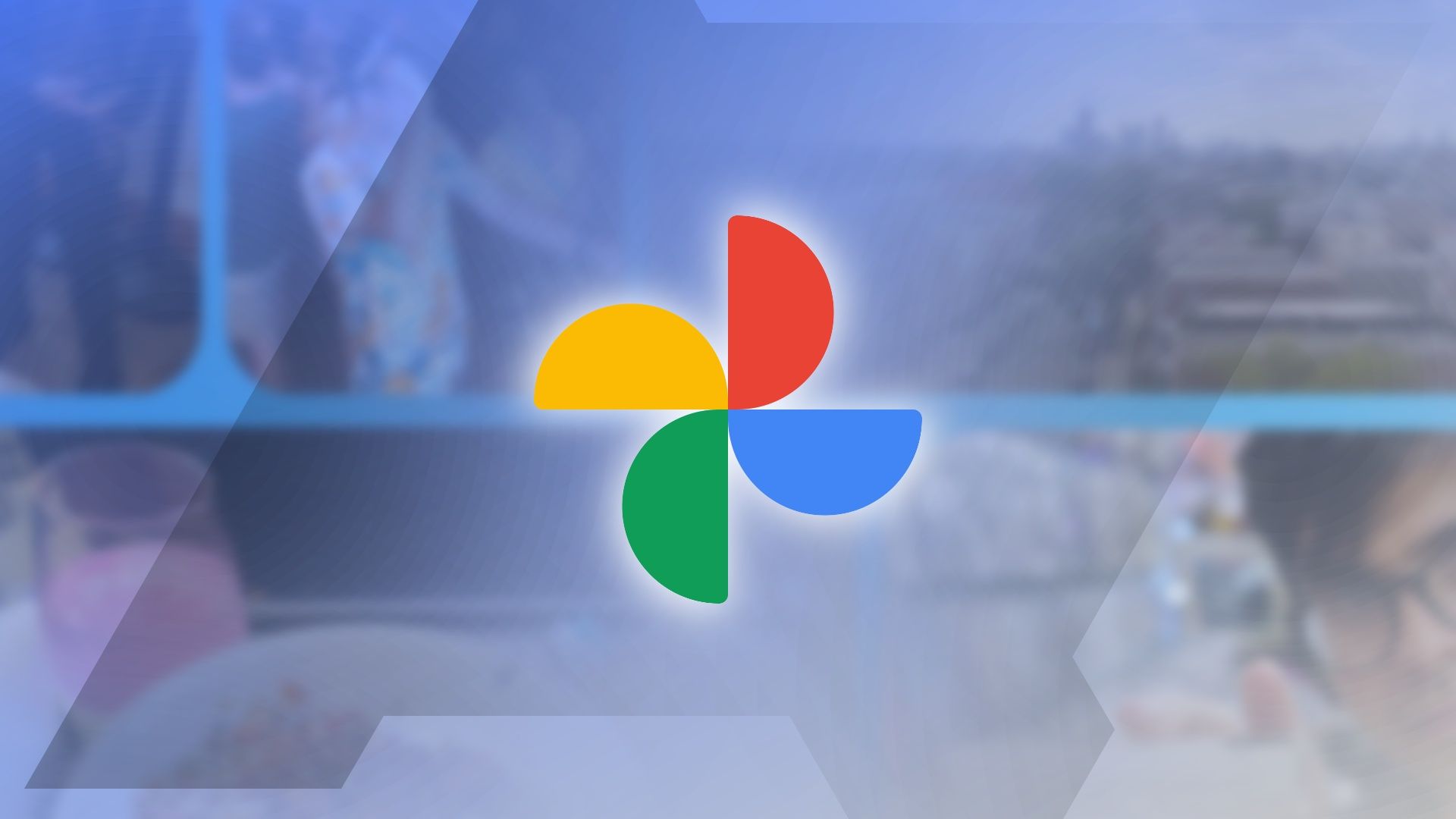It’s hard to believe, but May 28 marks the ninth anniversary of Google Photos. The service has changed a lot in that time, becoming one of the company’s most beloved products. From debuting machine learning features to special perks for the original Pixel, let’s remind ourselves of all the changes that have happened along the way.
Google+, how we miss thee
Gone but never forgotten
I was fortunate enough to be at Google’s I/O Extended event in London when Google Photos was announced, and there was some confusion about the product at the time. Almost none of the features they showed off were new; we already had them. That’s because Google+, the social network that deserved to live, had cloud storage for photos baked right in. The reality is that Google Photos wasn’t born in 2015, it just changed its name and became a seperate product from Google+ (and Picasa before it, but I digress). At launch, there were two options for uploading content. Original quality did precisely what you’d expect, uploading your media unchanged and counting it towards your storage allowance. The other option, compressed, would optimize the media, lowering the quality slightly, but you’d get unlimited backups.
The Pixels are coming
A year and a half later, the Google Pixel was born. Say what you will about the original; it’s my favorite. Pixels have been focused on their cameras since the beginning, and to go along with that, they got a special perk within Google Photos — unlimited original quality backup that didn’t count toward your storage allowance. The Pixel 2 and Pixel 3 got a more limited version that expired after a few years, but the original Pixel and Pixel XL can still use this if you have one lying around.
The Pixels also served as a preview of features that Google Photos would later offer to everyone. Magic Eraser, for example, was one of the standout features for the Pixel 6 and Pixel 6 Pro, but it later came to Google Photos if you have a Google One plan, regardless of device. It’s become a running joke that whatever camera features the new Pixel has will eventually come to everyone.
AI and Machine Learning
AI has become a meaningless buzzword lately, but Google Photos has used machine learning and AI for a long time before it was the latest trend. In 2017, the service gained the ability to recognize faces within photos and name them based on your contacts, along with other enhanced search terms. Today, you can type “my wife wearing blue on a beach in Cornwall” and the service will be able to show you photos that match that query with startling accuracy. This easy photo search and categorization is probably what keeps most people using it. Now, it can even recognize pets.
These features haven’t all been smooth sailing, though. In that same 2017 Google I/O, we were given the infamous chainlink fence incident. The demo was impressive. It showed a photo of a child playing a sport on the other side of a fence, and Google Photos used the power of Machine Learning to delete the fence and fill in the gaps. If that sounds familiar, it’s because we have a similar tool now called Magic Eraser. It’s nowhere near as capable as what we were shown in 2017, and no matter how much time passes, this unrealistic expectation is what Magic Eraser will be compared to.
The Google product that won’t die?
Google has a reputation for killing products. Ask Google+ or Inbox fans how we’re feeling today, and we’ll stare at you with the icy cold look of someone who has lost all light in the world. But some products are quite obviously immune from the chopping block. Services like Search, Gmail, and YouTube are unlikely to disappear anytime soon. Although Photos was born of our dearly departed Google+, I can’t see Photos going anywhere in the foreseeable future, especially as it’s become yet another avenue for Google to train and implement Gemini. I hope Photos only continues to get better.









